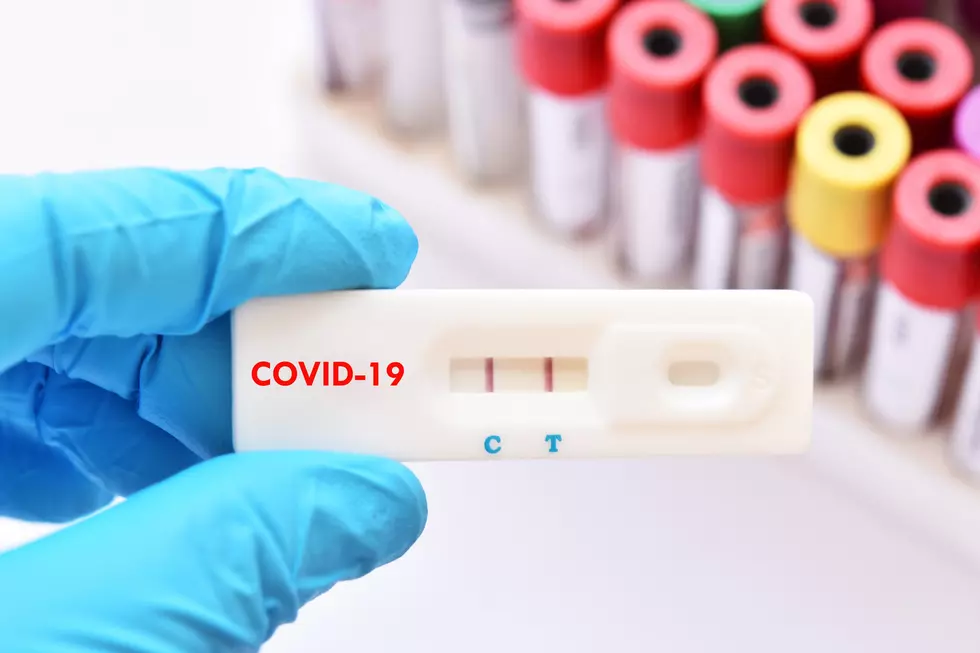
NJ contact tracers still having a tough time (Opinion)
At this point in time, we probably all know someone, if not ourselves, who's come down with COVID-19. In the last few weeks, I've had a handful of close friend and family members who got sick with it. All of them survived, a couple with serious cases and a couple with mild symptoms of the virus. They all had one thing in common: They were all contacted by the state a few days or weeks after testing positive for the coronavirus.
In all cases, they told their families, friends and employers of their condition, and all parties took the appropriate measures. The patients quarantined, their contacts were made aware and everyone waited for the people to recover. Thank God they all did. But when the people who got it were contacted by the state, they all were reluctant to give any other information.
Last month, the governor expressed disappointment that more people weren't cooperating with the state contact tracers. At that time, about three quarters of New Jersey residents with COVID were not giving up too much information. They had already done what my friends did and alerted anyone in their circle that they had been exposed to. That's what responsible free people do.
With trust in government and the media at all-time lows, it's no wonder people do not trust their information and what the state will do with it, to some anonymous state paid caller on the phone. Only about 20% are answering the call to begin with.
People are on edge from this past year as it is, giving up personal information to some faceless rep from the state of New Jersey is going to be a real hard sell.
The post above reflects the thoughts and observations of New Jersey 101.5 talk show host Dennis Malloy. Any opinions expressed are Dennis's own.
UP NEXT: Here are 50 of your favorite retail chains that no longer exist.
More From New Jersey 101.5 FM









